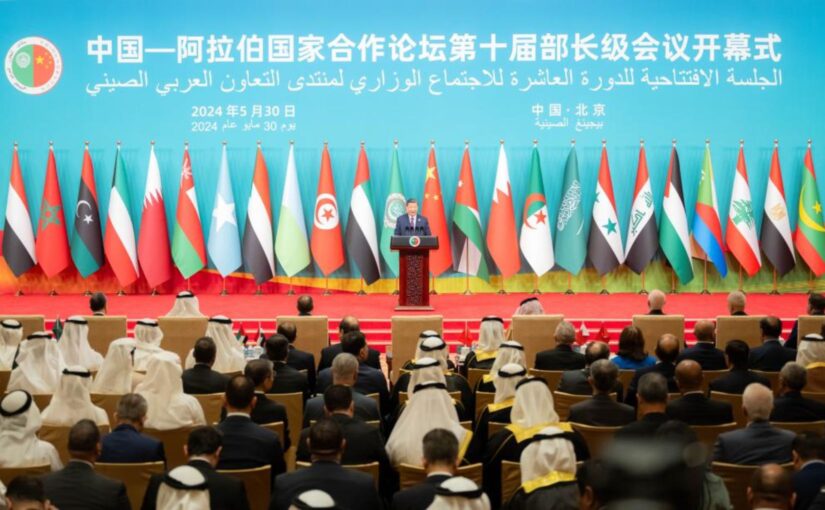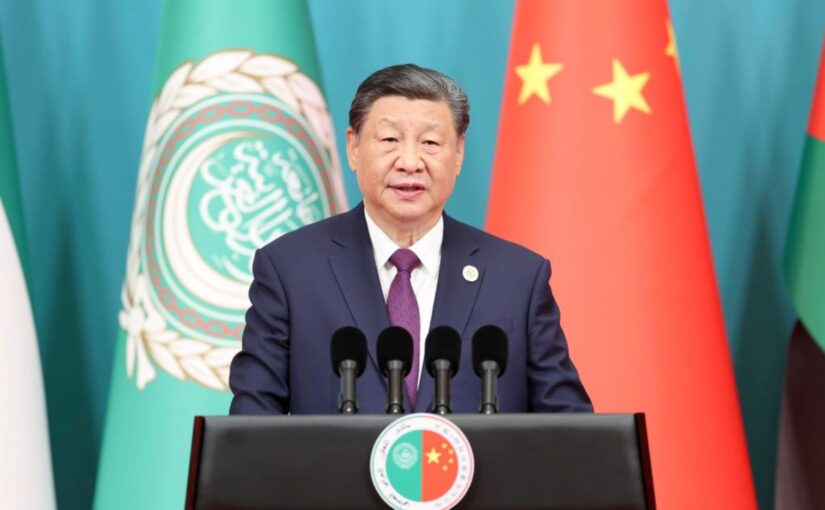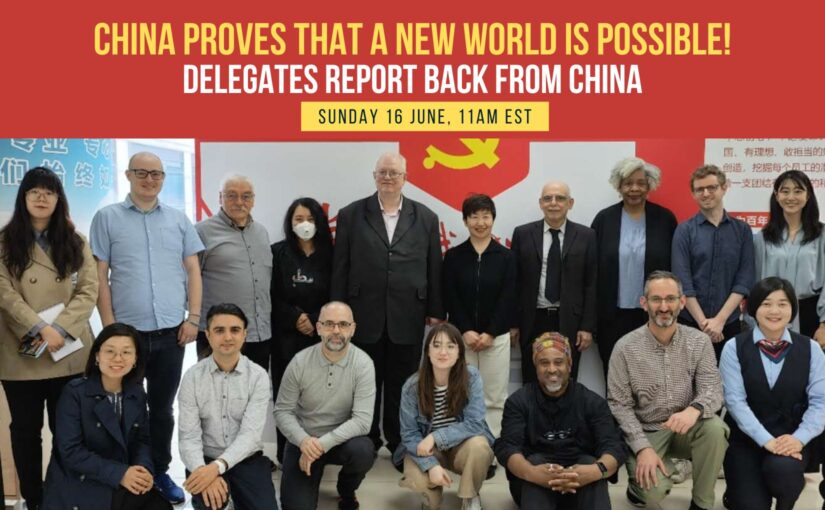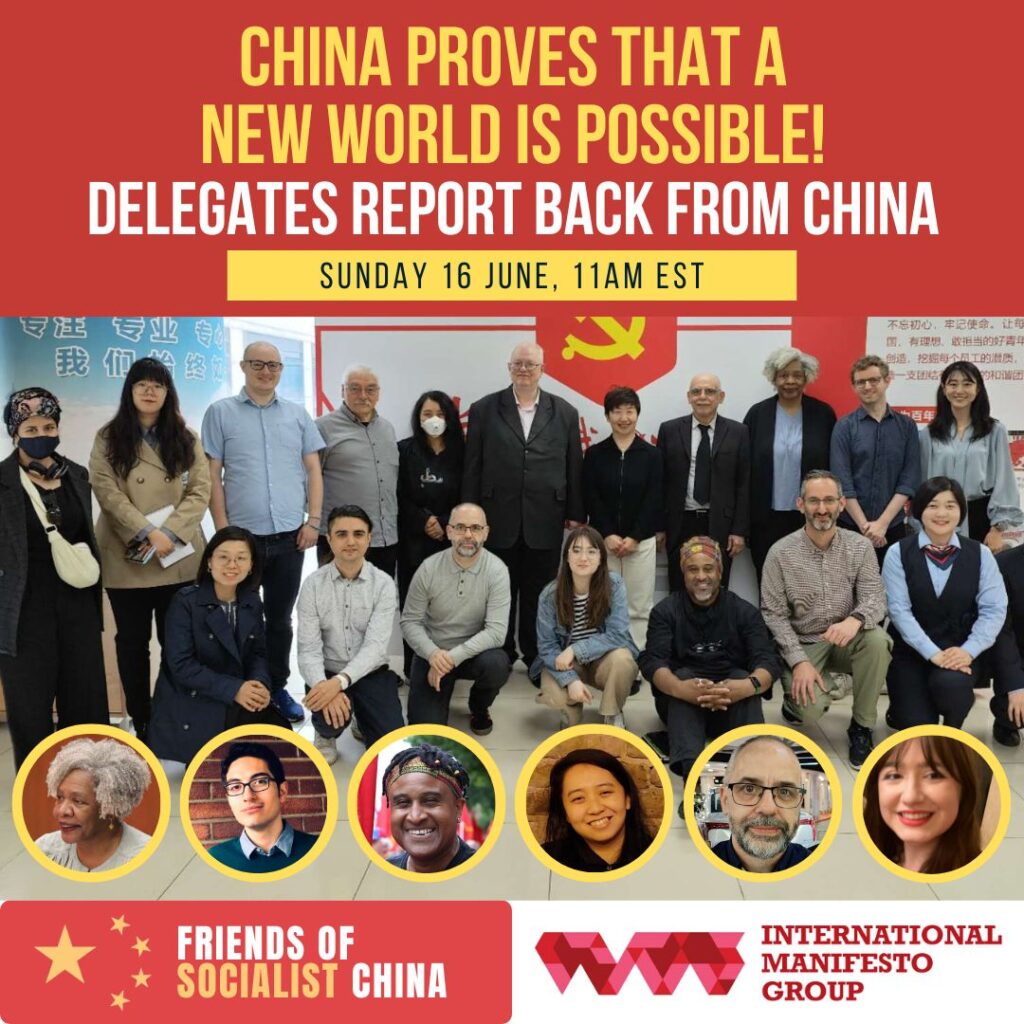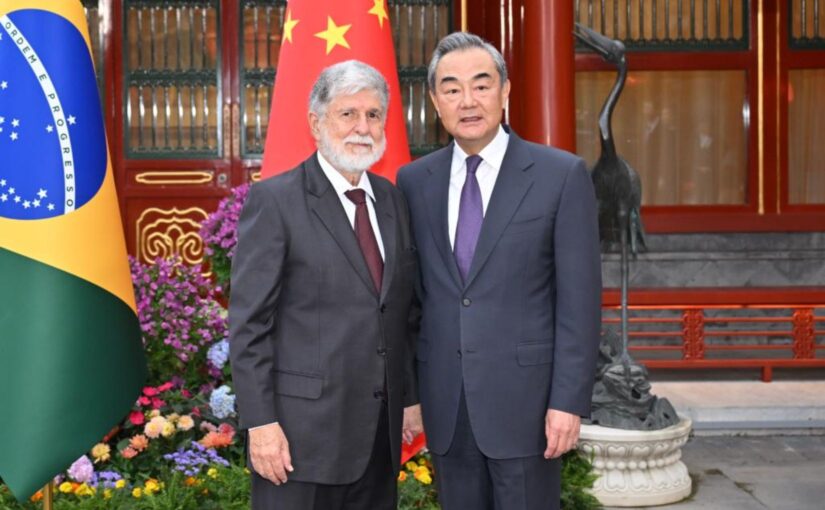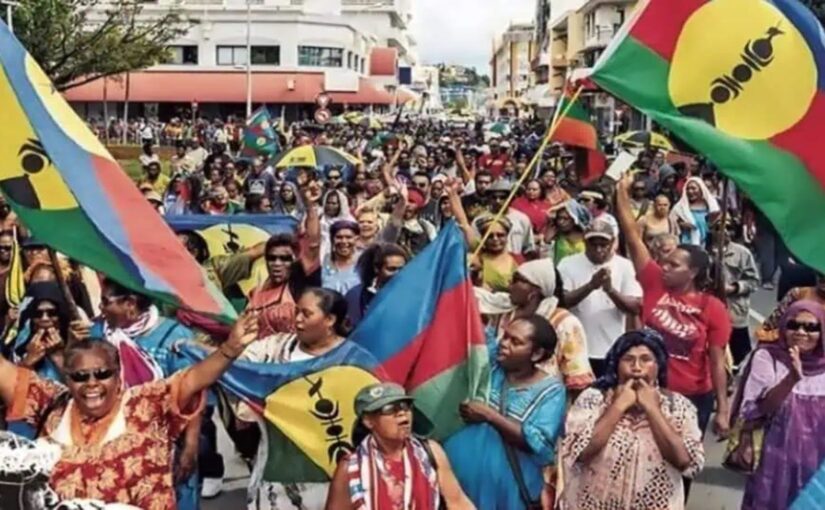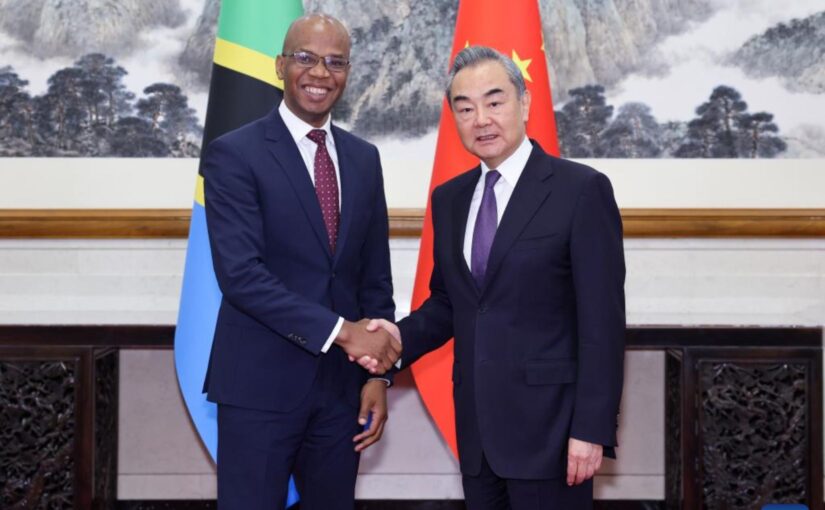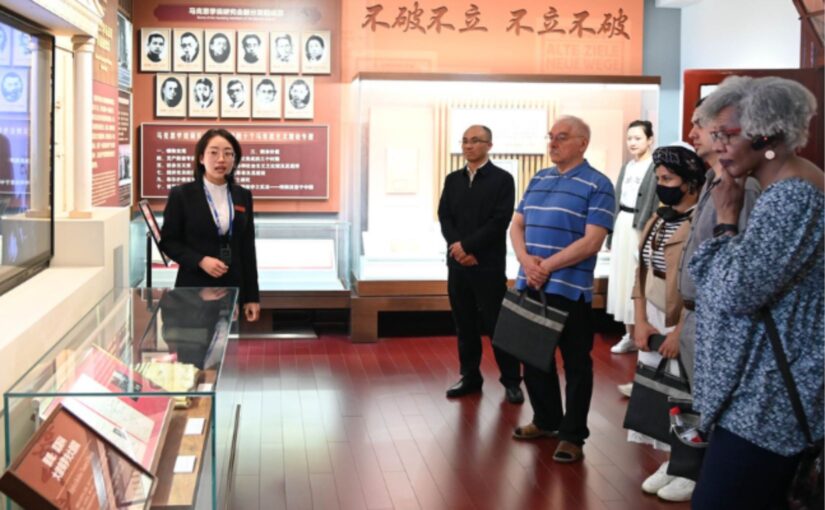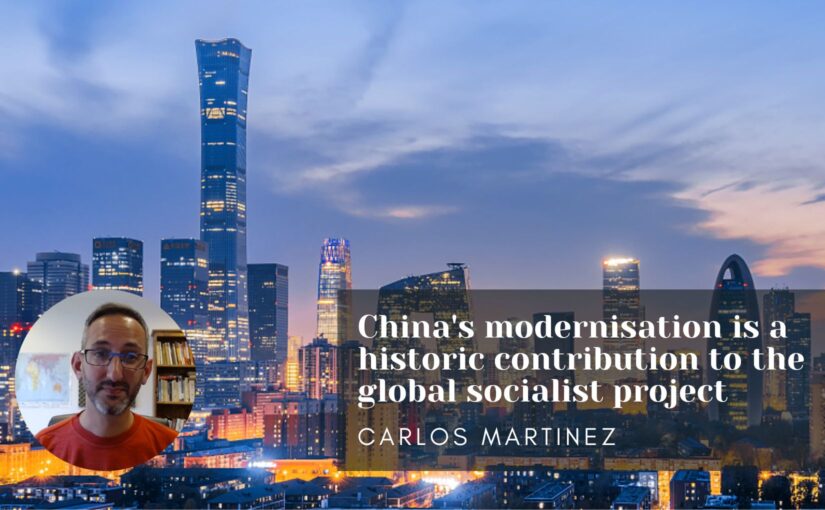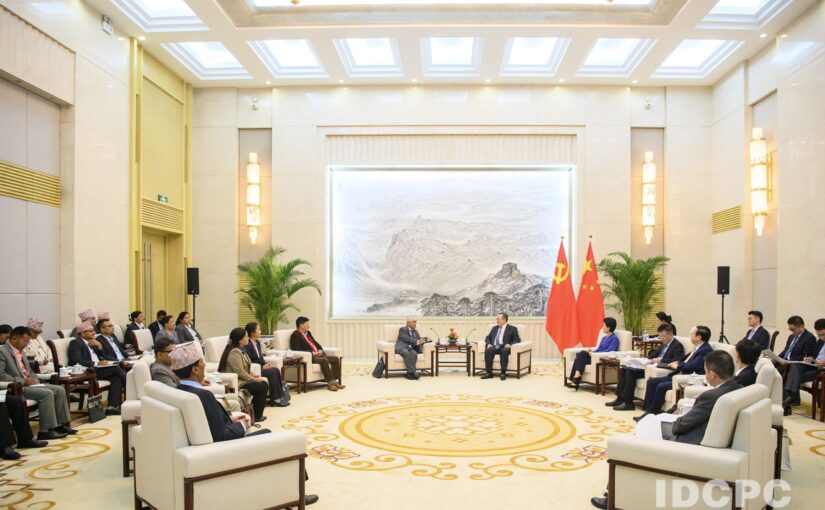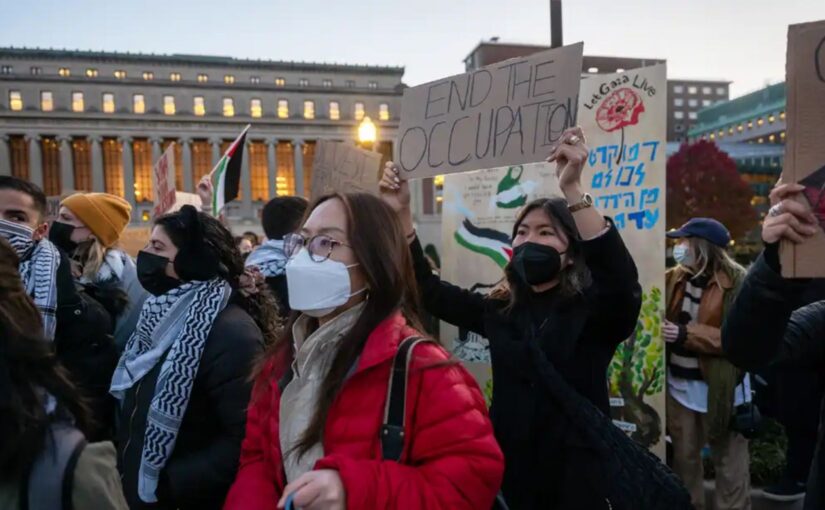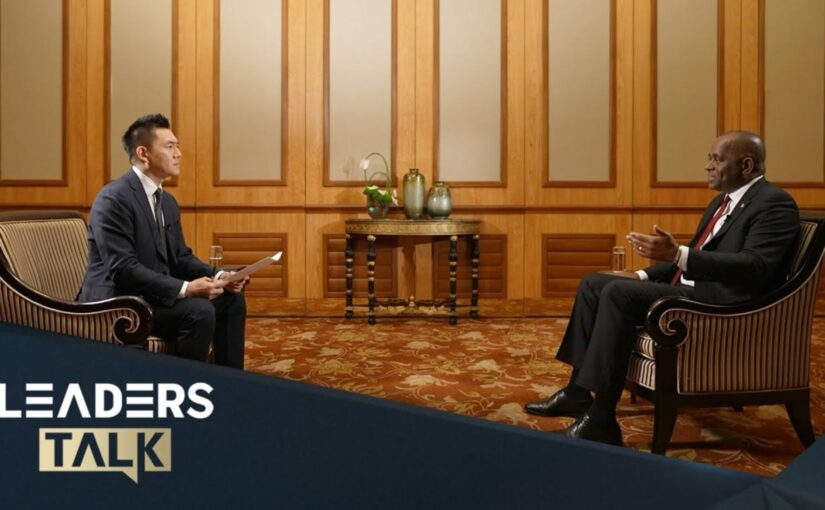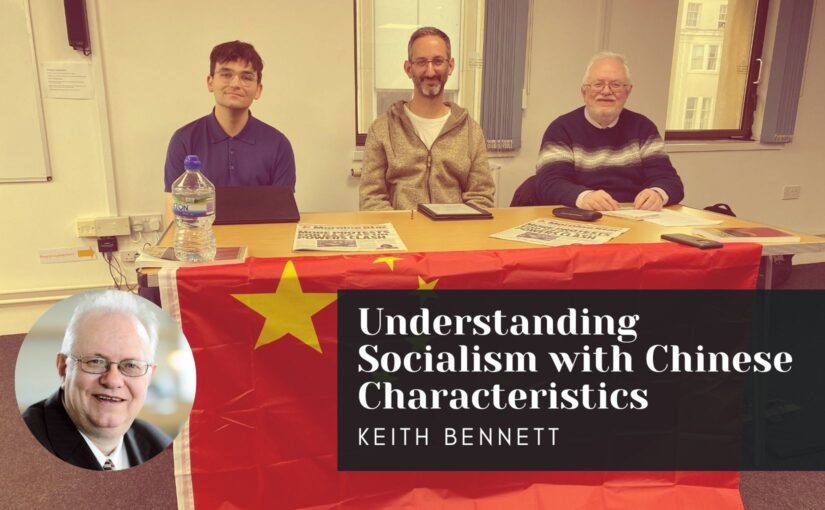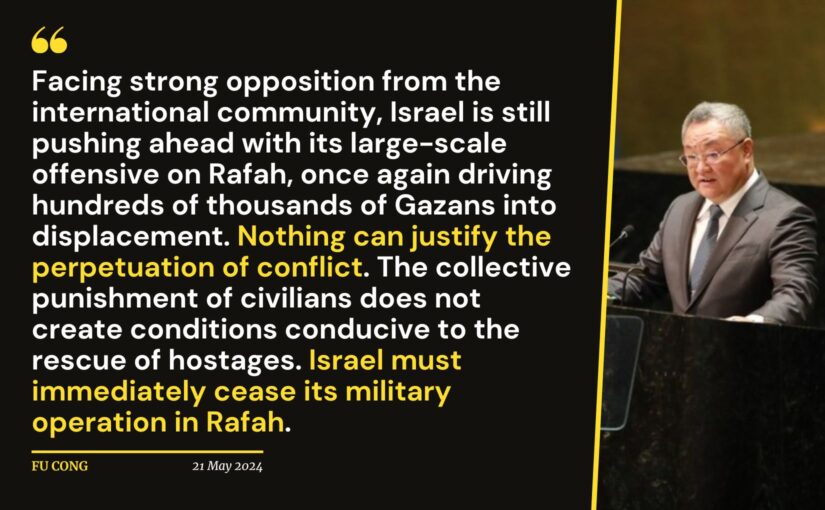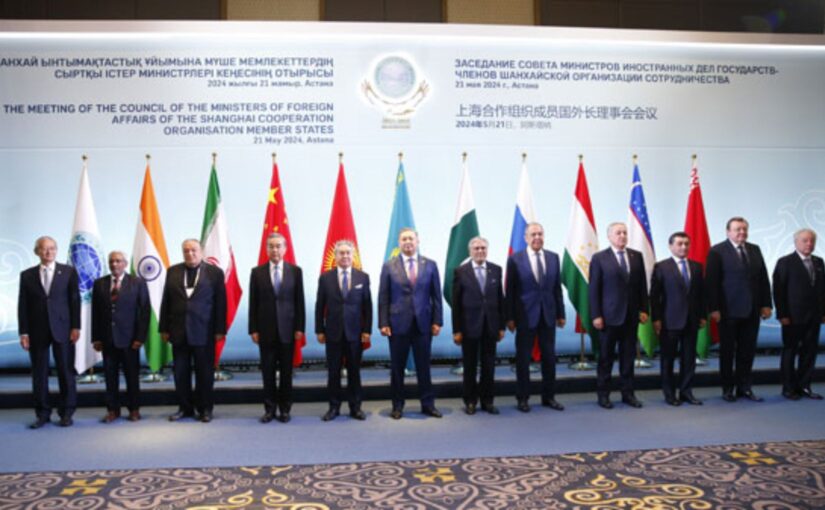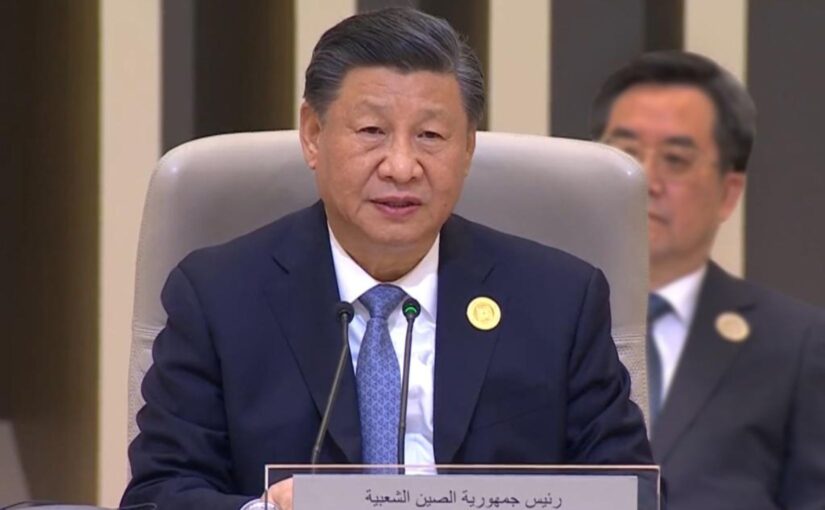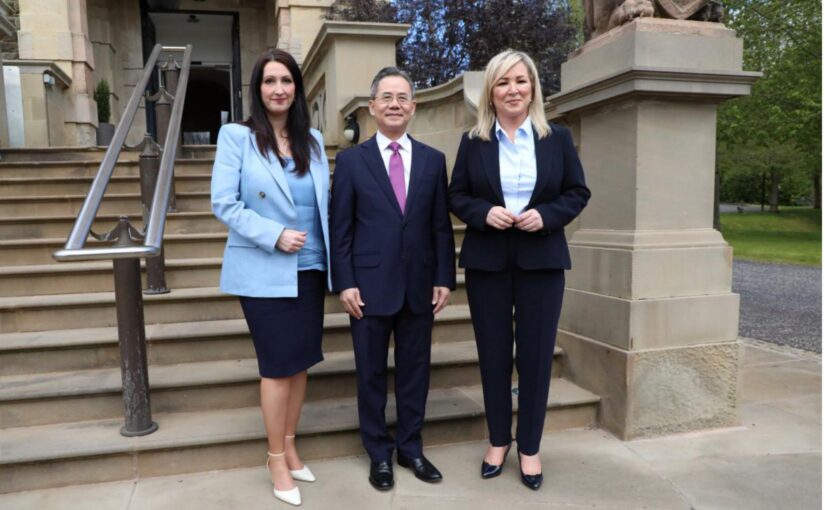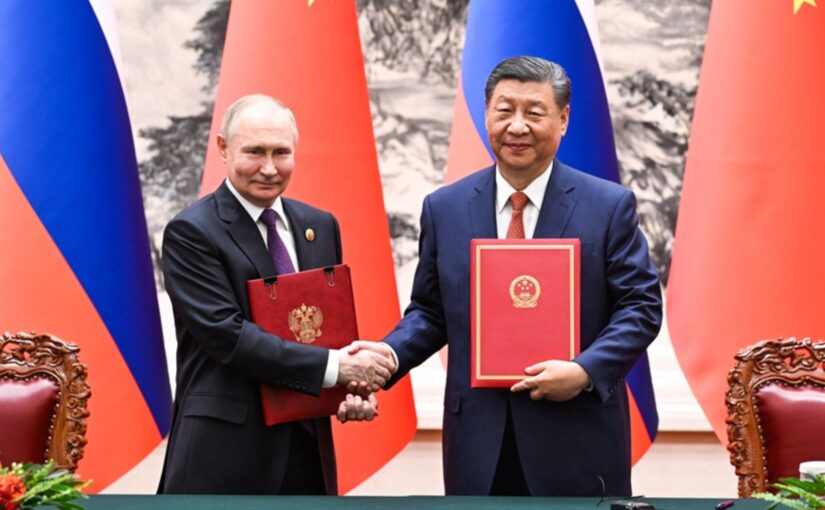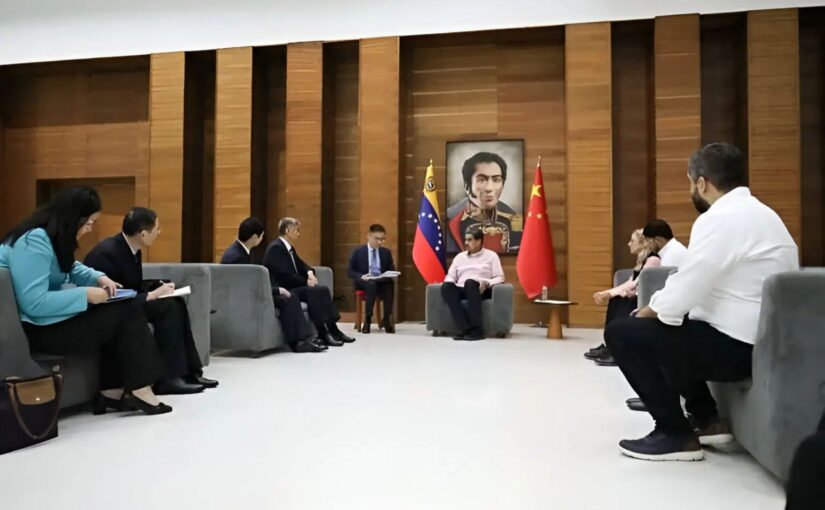The tenth ministerial conference of the China-Arab States Cooperation Forum (CASCF) was held in Beijing on May 30. The opening session was attended by four Arab heads of state as well as by Chinese President Xi Jinping, who delivered an opening address. Ministers from China and the 22 members of the League of Arab States attended the conference.
Among the conference outcomes, the most significant was the adoption of a 21-point joint statement on the question of Palestine. Showing a high degree of unity between China and the Arab world, and among the Arab states themselves, the comprehensive joint statement calls, among other things, for the implementation of relevant United Nations resolutions, condemns Israeli aggression, calls for a sustained ceasefire, and for the implementation of the interim measures issued by the International Court of Justice in response to the legal case brought against Israel by the government of South Africa under the Genocide Convention. It supports the admission of Palestine to the United Nations as a full member state, the convening of an international peace conference, and calls for Palestinian national unity under the umbrella of the Palestine Liberation Organisation (PLO). It further calls for an end to Israel’s settlement program in occupied territories and protection of the Arab, Islamic and Christian attributes of the city of Jerusalem.
We carry below the full text of the joint statement. It has been machine translated and sub-edited by us, including by cross checking with other unofficial translations. The full Chinese language text, as released by the Xinhua News Agency, may be read here.
Joint Statement of China and Arab States on the Question of Palestine
On May 30, 2024, the 10th Ministerial Conference of the China-Arab States Cooperation Forum was held in Beijing, during which the two sides had in-depth discussions on the Palestinian issue.
The two sides believe that the relevant resolutions of the UN Security Council and the UN General Assembly, including UN Security Council Resolution 2728, must be fully and effectively implemented, and that joint efforts should be made to promote an early ceasefire and cessation of hostilities in the Gaza Strip as soon as possible and to achieve a comprehensive, just and lasting settlement of the Palestinian issue at an early date. The parties agreed on the following:
- The two sides condemn Israel’s continued aggression against the Palestinian people. More than 125,000 Palestinian civilians have been killed or injured in the Gaza Strip, most of them women and children. The Palestinian population in the Gaza Strip have been forced to suffer deadly famine and blockades, cutting off all their livelihoods, systematically destroying residential areas, hospitals, schools, mosques, churches and infrastructure in the Gaza Strip, and detaining and ill-treating thousands of Palestinian prisoners.
- The two sides condemned the invasion of the city of Rafah, the bombing of refugee camps and the control of the Rafah crossing.
- The two sides oppose the implementation of plans, intentions and acts of forcibly transfering the Palestinian people outside their national territory, which will destroy the opportunity for peace in the Middle East region and lead to the expansion and deterioration of the conflict in the region.
- The two sides call on the Security Council to issue binding resolutions to achieve an immediate, comprehensive and sustained ceasefire, to stop the forcible transfer of the Palestinian people, to ensure the delivery of relief supplies throughout Gaza, and to implement the relevant Security Council resolutions so that life in the Gaza Strip can return to normalcy. Both sides condemn the use of the veto by the United States to prevent Palestine from becoming a full Member of the United Nations.
- The two sides support the Interim Measures Orders issued by the International Court of Justice on 26 January, 28 March and 24 May 2024 concerning the case against Israel brought by South Africa for violating the Convention on the Prevention and Punishment of the Crime of Genocide, and hold that Israel should comply with the relevant legal provisions, in particular international humanitarian law. Both sides stressed that Israel, as the occupying power, bears responsibility for the dire humanitarian conditions in Gaza.
- The Arab side stresses the importance of implementing the resolutions of the Extraordinary Arab-Islamic Joint Summit held in Riyadh on 11 November 2023, including breaking the Israeli blockade of the Gaza Strip and enabling the immediate access of humanitarian relief supplies from Arab and Islamic countries and the international community to the entire Gaza Strip by land, sea and air. The Chinese side expressed its understanding.
- The two sides stress that peace, security and stability cannot be achieved in the region without an end to the occupation of the territory of the State of Palestine, with East Jerusalem as its capital, the occupied Syrian Golan Heights and the occupied Lebanese territory. Calling upon the international community to take irreversible steps towards the independent establishment of Palestine and to achieve a political settlement based on international law and relevant international resolutions, including Security Council resolutions 242 (1967), 338 (1973), 497 (1981), 1515 (2003) and 2334 (2016), as well as all the elements of the 2002 Arab Peace Initiative, so as to enable the Palestinian people to fulfil their legitimate and inalienable rights. These include the right to self-determination, the right to establish an independent State of Palestine based on the 1967 borders, with East Jerusalem as its capital, and the right to return and reparation for Palestinian refugees under United Nations General Assembly resolution 194 (1948). The two sides support the admission of the State of Palestine as a full Member of the United Nations and reaffirmed that the two-State solution is the only realistic way out of the Palestinian question.
- The two sides call for the convening of a larger-scale, more authoritative and more effective international peace conference as soon as possible, and the initiation of an authoritative peace process on the basis of recognised international principles. The above process should be carried out within a defined time frame and with international guarantees until the end of the Israeli occupation of the Palestinian territories occupied in 1967, including East Jerusalem, along with the occupied Syrian Golan Heights and the remaining occupied Lebanese territories.
- The two sides support the Palestinian Government in carrying out its duties in the Gaza Strip, the West Bank and East Jerusalem in accordance with recognised international principles. The Gaza Strip is an integral part of the State of Palestine. Both sides stressed their support for the relief efforts of the Palestinian Government in Gaza. The two sides reaffirmed that the Palestine Liberation Organisation (PLO) is the sole legitimate representative of the Palestinian people and called on all Palestinian factions to unite under the PLO banner and assume their respective responsibilities in a national partnership under the leadership of the PLO.
- The two sides welcome the adoption by the UN General Assembly of resolution A/RES/ES-10/23 on 10 May 2024. The resolution affirmed that the State of Palestine was eligible to become a full Member of the United Nations and requires the Security Council to reconsider supporting Palestine’s accession to the United Nations and to grant more rights and interests to the State of Palestine.
- The two sides called for support for the United Nations Relief and Works Agency for Palestine Refugees in the Near East (UNRWA) to avoid its closure. They welcomed the resumption of funding by some countries to the Agency, and called on countries that had frozen their funding to resume their support for the Agency. They welcomed the results of the independent investigation into the work of the Agency, recognised the neutrality and professionalism of the Agency and believe that it is indispensable and irreplaceable.
- The two sides welcome the recent recognition of the State of Palestine by many countries, stressing that this was a driving force for achieving the legitimate rights of the Palestinian people and for international and regional peace, security and stability, and called upon those countries that have not yet recognised the State of Palestine to do so as soon as possible.
- The Arab side appreciates China’s long-standing position on supporting the Palestinian issue and the inalienable rights of the Palestinian people in bilateral and multilateral forums, and appreciates Chinese President Xi Jinping’s proposals on resolving the Palestinian question, as well as a series of initiatives and propositions put forward by China on the Palestinian question. It appreciates China’s adherence to fairness and justice on the Palestinian issue and its unremitting efforts to promote the peace process. It appreciates China’s support for Palestine in improving people’s livelihood and developing the economy, providing humanitarian assistance to Palestine, and its commitment to promoting the State of Palestine to become a full member of the United Nations.
- Both sides stressed that Israel’s unilateral measures aimed at changing the status quo in Jerusalem are invalid and support the protection of Islamic and Christian monuments in occupied Jerusalem by the Hashemite family and its role in protecting the Arab, Islamic and Christian attributes of the city and maintaining the current historical and legal status of Jerusalem and its holy sites. The two sides stressed the need to uphold the Al-Aqsa Mosque’s current historical and legal status.
- The two sides condemn the continued promotion by the government of Israel of the targeted settlement programme aimed at changing the existing historical and legal status of the Occupied Palestinian Territory and the occupied Syrian Golan Heights.
- The Parties support the efforts of His Majesty King Mohammed VI of Morocco as Chairman of the Jerusalem Committee. They stressed the important role played by the Chairman of the Jerusalem Committee and the efforts of the Jerusalem Wealth House Agency, an institution under the Committee.
- The two sides support Egypt in taking all measures to respond to the impact of the aggression in the Gaza Strip and rely on Egypt’s efforts to deliver relief supplies to the Gaza Strip in an immediate and sustained manner and in sufficient quantities. The two sides expressed their support for the measures taken by Egypt to safeguard its national security, which is also a fundamental component of the security of the Arab nation.
- The two sides support the joint efforts of Egypt and Qatar to promote a lasting ceasefire and bring life back to normal in the Gaza Strip. Both sides support the role played by Egypt and Algeria in bringing about reconciliation among the Palestinian factions.
- The two sides appreciate the role played by Algeria and the United Arab Emirates (UAE) on the Palestinian issue during their tenure as non-permanent members of the Security Council, including their efforts to promote the adoption of relevant UN Security Council resolutions on the Palestinian-Israeli conflict and to promote the State of Palestine to become a full member of the United Nations.
- The two sides appreciate the appeal of the Prime Minister and Minister for Foreign Affairs of Qatar for immediate action to help all Palestinian orphans who have lost their parents and families as a result of the aggression against Gaza. They call on all states and the international community to work together to provide the necessary medical and psychological support to orphans and amputee children within the framework of the relevant efforts of the League of Arab States.
- The two sides appreciate Algeria’s efforts to support the question of Palestine at the political and material levels, as well as President Tebboune’s active efforts, in particular the convening of the intra-Palestinian reconciliation conference among the various factions on 13 October 2022 and the adoption of the Algiers Declaration, which is a positive step on the road to national unity in Palestine.
